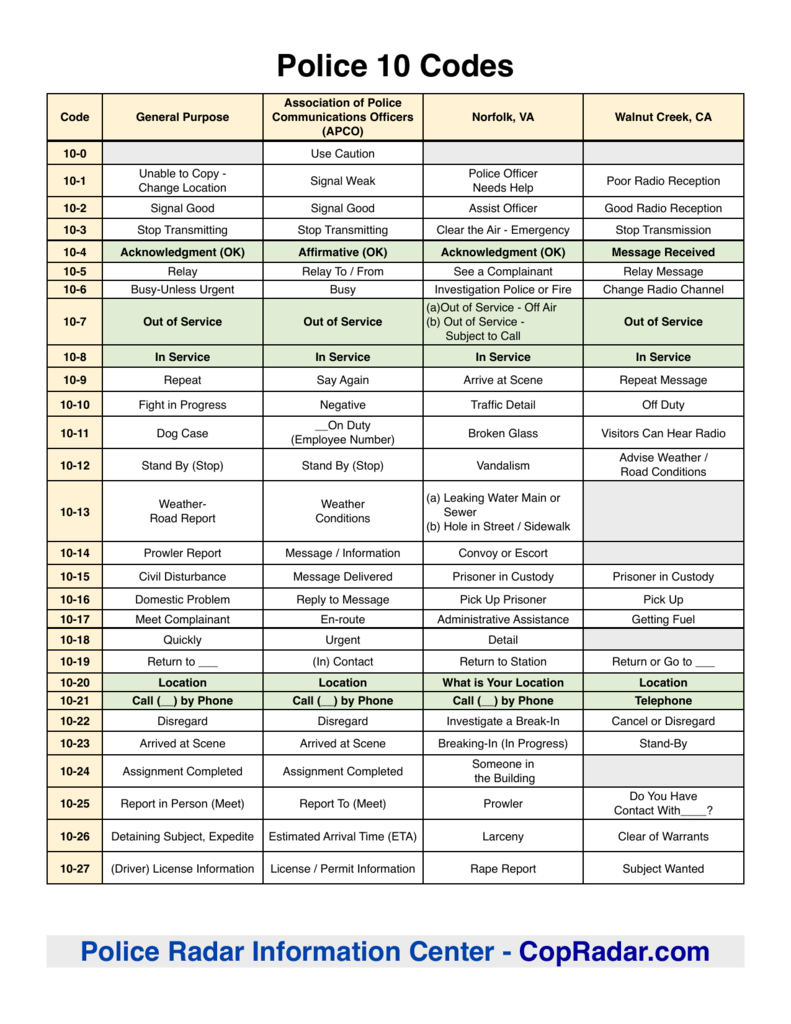12 Meaning Police: Understanding The Roles And Responsibilities In Modern Law Enforcement
Law enforcement agencies play a crucial role in maintaining public safety and order. The term "police" comes from the Greek word "polis," meaning city or community, and refers to organizations responsible for enforcing laws, protecting citizens, and preventing crime. As society evolves, so does the role of police officers, making it essential to understand the various meanings and responsibilities associated with policing.
In this article, we will explore the 12 meanings of police, focusing on their roles, responsibilities, and the broader implications of modern law enforcement. By understanding these aspects, we aim to provide clarity on how police forces contribute to community safety and address emerging challenges.
This discussion is vital not only for those directly involved in law enforcement but also for the general public who interact with police officers daily. Let’s delve deeper into the multifaceted roles of police officers and their significance in today's world.
Read also:Videos Diva Flawless Unveiling The Art Of Perfect Content Creation
Table of Contents
- Biography of Modern Policing
- Role in Law Enforcement
- Community Protection and Safety
- Criminal Investigation
- Emergency Response
- Traffic Management
- Maintaining Public Order
- Use of Technology in Policing
- Ethical Considerations in Policing
- Future Directions in Policing
Biography of Modern Policing
Historical Background
Modern policing has its roots in the 19th century when Sir Robert Peel established the Metropolitan Police Service in London in 1829. This marked the beginning of organized law enforcement with a clear set of principles. The "Peelian Principles" emphasized the importance of community trust, ethical behavior, and the prevention of crime over mere detection.
Over time, policing evolved to incorporate new technologies, strategies, and legal frameworks. Today, police forces worldwide are tasked with adapting to societal changes while upholding justice and fairness.
Key Figures in Policing
Several influential figures have shaped the landscape of modern policing. Below is a table highlighting some notable individuals and their contributions:
| Name | Contribution |
|---|---|
| Sir Robert Peel | Founder of the Metropolitan Police Service |
| August Vollmer | Pioneered professional policing in the United States |
| John Sutherland | Advocated for community policing practices |
Role in Law Enforcement
The primary role of police is to enforce laws effectively and impartially. Officers are trained to handle a wide range of situations, from minor infractions to serious crimes. Their duties include patrolling neighborhoods, responding to calls for service, and conducting investigations.
According to a report by the Bureau of Justice Statistics, police officers in the U.S. make approximately 10 million arrests annually. These figures underscore the critical role police play in maintaining law and order.
Long-Tail Keywords: Law Enforcement Duties
- Patrol neighborhoods
- Respond to emergencies
- Conduct criminal investigations
- Provide community support
Community Protection and Safety
Protecting communities is one of the core responsibilities of police officers. This involves not only preventing crime but also fostering trust and cooperation between law enforcement and citizens. Community policing initiatives aim to build stronger relationships by encouraging officers to engage with residents regularly.
Read also:Exploring The Rich Traditions Of The Iroquois A Journey Into Native American Culture
A study published in the Journal of Criminal Justice found that community-oriented policing strategies significantly reduce crime rates and improve public perception of police effectiveness.
Criminal Investigation
Investigating crimes is another critical aspect of police work. Officers must gather evidence, interview witnesses, and analyze data to solve cases. Advanced forensic techniques and digital tools have enhanced the capabilities of investigators, leading to more accurate and efficient outcomes.
Subheading: Use of Forensic Science
Forensic science plays a pivotal role in modern criminal investigations. DNA analysis, fingerprinting, and ballistics testing are just a few examples of how science aids police in solving complex cases.
Emergency Response
Police officers are often the first responders to emergency situations, including natural disasters, accidents, and violent incidents. Their ability to act swiftly and decisively can save lives and minimize damage.
Data from the Federal Emergency Management Agency (FEMA) shows that police departments across the U.S. participate in coordinated emergency response efforts, working alongside fire and medical services to address crises.
Traffic Management
Traffic management is another important function of police forces. Officers regulate traffic flow, enforce road safety laws, and respond to accidents. Their presence on the roads helps prevent accidents and ensures smooth transportation for all users.
Subheading: Road Safety Initiatives
Many police departments implement road safety programs aimed at reducing accidents and fatalities. These initiatives often involve public education campaigns, increased patrols during peak hours, and enforcement of seatbelt and drunk driving laws.
Maintaining Public Order
Maintaining public order is a fundamental duty of police officers. This includes managing protests, crowd control, and addressing disturbances. Officers must balance the need to uphold the law with respect for individual rights and freedoms.
Research conducted by the National Institute of Justice highlights the importance of de-escalation techniques in managing public order situations. Training officers in these methods has proven effective in reducing conflicts and improving outcomes.
Use of Technology in Policing
Technology has revolutionized the field of policing, offering innovative solutions to traditional challenges. Body-worn cameras, drones, and artificial intelligence are just a few examples of how technology enhances police operations.
A report by the Pew Research Center indicates that 95% of police departments in the U.S. use body-worn cameras, which increase transparency and accountability in officer interactions.
Ethical Considerations in Policing
Ethical considerations are paramount in law enforcement. Officers must adhere to strict codes of conduct, ensuring fairness, impartiality, and respect for human rights. Addressing issues such as bias, discrimination, and use of force is essential for maintaining public trust.
Subheading: Use of Force Policies
Use of force policies outlines the circumstances under which officers may use physical force. These guidelines aim to protect both officers and civilians while upholding the principles of proportionality and necessity.
Future Directions in Policing
The future of policing lies in embracing innovation, enhancing community engagement, and addressing systemic challenges. As society continues to evolve, police forces must adapt to meet the needs of diverse populations while upholding justice and equality.
Experts predict that advancements in technology, increased focus on mental health services, and greater emphasis on diversity and inclusion will shape the future landscape of law enforcement.
Conclusion
In conclusion, the 12 meanings of police encompass a wide range of roles and responsibilities essential for maintaining public safety and order. From enforcing laws to protecting communities, investigating crimes, and responding to emergencies, police officers play a vital role in modern society.
We invite you to share your thoughts and experiences in the comments below. Additionally, explore other articles on our site to learn more about topics related to law enforcement and public safety. Together, we can foster a safer and more informed community.


